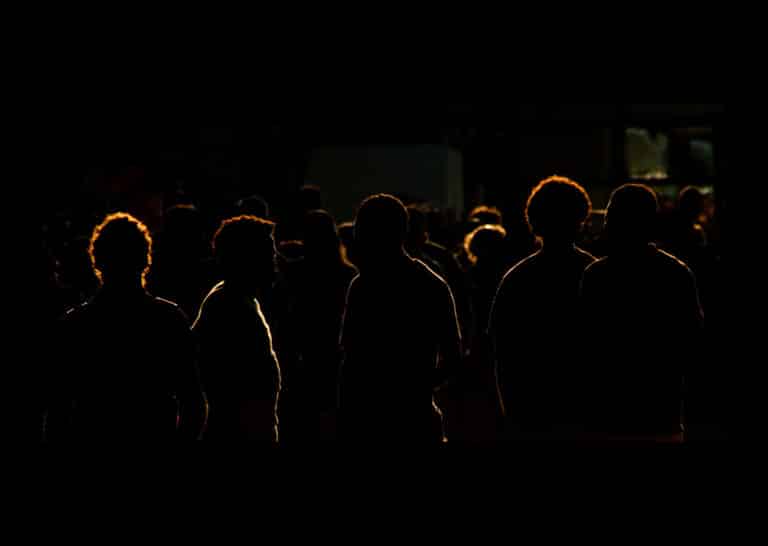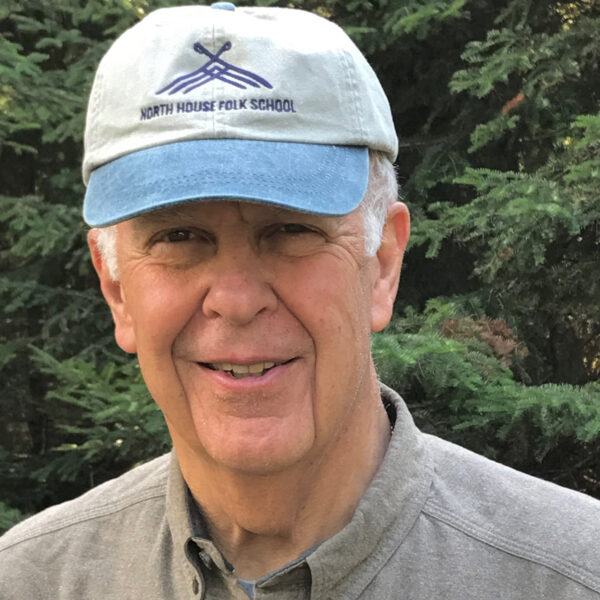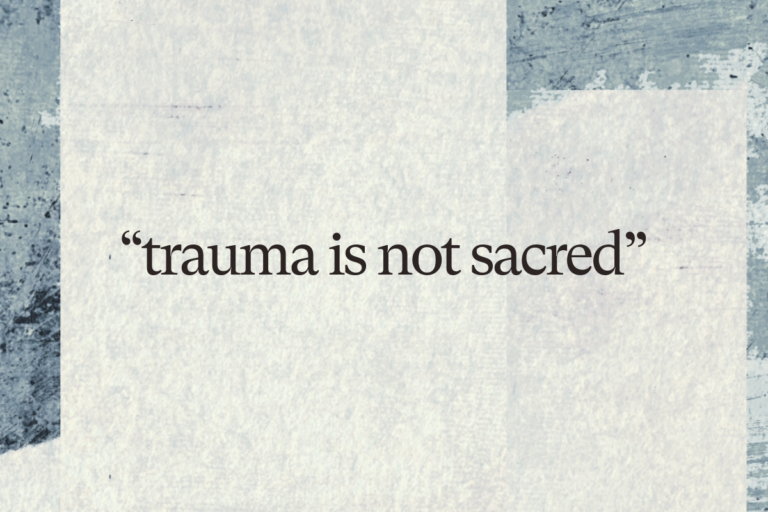
Image by Señor Hans/Flickr, Some Rights Reserved.
Heartbreak and Hope: Three Questions about Suffering
“God breaks the heart again and again and again until it stays open.”
—Hazrat Inayat Khan
“It’s happened again,” I thought. Then I remembered that heartbreak happens without ceasing.
Today our hearts are breaking for those murdered in Paris last Friday, for those who loved them, and for all — to quote Omid Safi, my friend and fellow columnist — who are suffering “atrocities in Syria, in Palestine/Israel, in Central African Republic, in Afghanistan, in Pakistan, in Myanmar, in inner-city America,” and other places around our nation and world too numerous to name.
Heartbreak is such a constant that every ancient wisdom tradition seeks to answer three questions: How can we prepare for heartbreak? How should we hold it when it comes, as it always will? Where will we let it take us — toward more death or new life?
Left untended, our hearts can become so brittle that under stress they break apart into a million shards, and are sometimes thrown like fragment grenades at the ostensible source of their pain. Violence is what happens when we don’t know what else to do with our suffering.
But attentive students of life learn to exercise the heart day in and day out, allowing life’s “little deaths” to stretch us in ways that make our hearts suppler. Then, when larger forms of suffering strike, our hearts can break open rather than apart — giving them a greater capacity to hold life’s pain as well as its possibilities and joys.
I know many people whose own wounds — held in a broken-open heart — have made them “wounded healers.” Instead of growing bitter and brittle and passing their pain on to others, they’ve said, “This is where the pain stops and the love begins.” Not in spite of their suffering but because of it they’re better able to offer active forms of compassion to others who suffer.
“Kindness” is a poem by Naomi Shihab Nye, a Palestinian-American poet of great insight, who writes here about the transformation of suffering into everyday love. It’s a gritty, sometimes grim meditation on a virtue we too often romanticize.
Before you know what kindness really is
you must lose things,
feel the future dissolve in a moment
like salt in a weakened broth.
What you held in your hand,
what you counted and carefully saved,
all this must go so you know
how desolate the landscape can be
between the regions of kindness.
How you ride and ride
thinking the bus will never stop,
the passengers eating maize and chicken
will stare out the window forever.Before you learn the tender gravity of kindness,
you must travel where the Indian in a white poncho
lies dead by the side of the road.
You must see how this could be you,
how he too was someone
who journeyed through the night with plans
and the simple breath that kept him alive.Before you know kindness as the deepest thing inside,
you must know sorrow as the other deepest thing.
You must wake up with sorrow.
You must speak to it till your voice
catches the thread of all sorrows
and you see the size of the cloth.Then it is only kindness that makes sense anymore,
only kindness that ties your shoes
and sends you out into the day to mail letters and purchase bread,
only kindness that raises its head
from the crowd of the world to say
It is I you have been looking for,
and then goes with you everywhere
like a shadow or a friend.
In a world that can be as heedless and heartless as ours, kindness must grow from deep roots if it is to be strong and sustainable. As the poet says, “Before you know kindness as the deepest thing inside, / you must know sorrow as the other deepest thing.”
This week several U.S. governors said they would refuse to receive Syrian refugees in their states. Many of these governors are Christians, as I am, and more than a few have said that God called them to public office. I have a question for them: “Christians believe that the Son of God is prefigured in Isaiah 53 as ‘a man of sorrows, and acquainted with grief.’ Does the God who speaks to you have anything to say about kindness and compassion?”
I may have to wait a while for the governors to answer. In the meantime, I celebrate and give thanks for all the wounded healers I know. They come from every wisdom tradition, including Islam, Judaism, Christianity, and secular humanism.
They compel me to ask what I can do today to prevent suffering from turning my heart into a fragment grenade.
They model for me what it might mean to let heartbreak open me to the kindness that — in the poet’s words — is the only thing “that makes sense anymore.”
Author’s Note: It’s rare to learn the real-life story behind a poem, but Nye has told the story behind this one. You can read it here, about halfway down the page.


Share your reflection